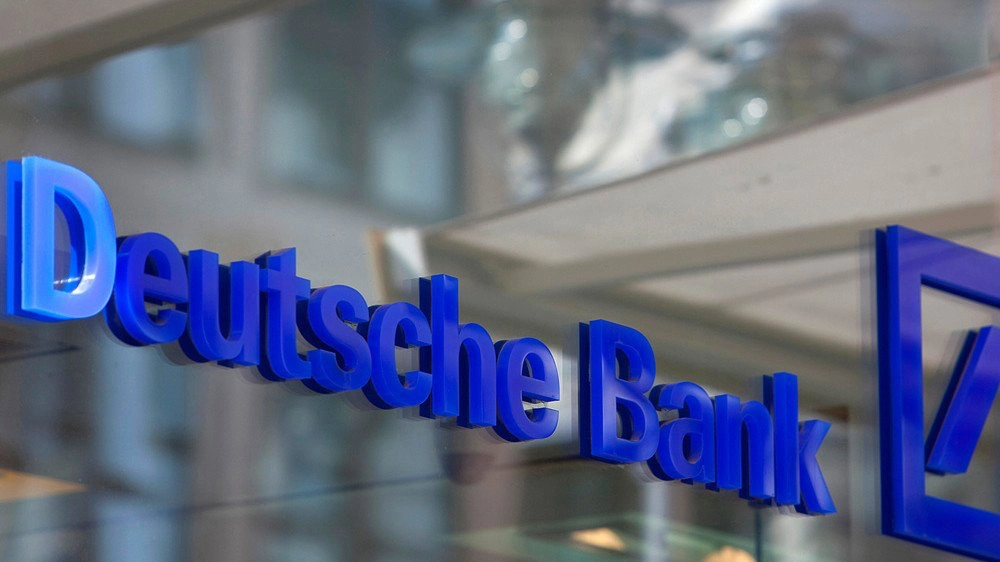
Deutsche Bank Warns of a Potential Trust Crisis in the U.S. Dollar
On Thursday, Deutsche Bank issued a serious warning about a possible trust crisis in the U.S. dollar. According to the bank, major shifts in capital flow allocation could disrupt currency fundamentals and lead to unpredictable fluctuations in foreign exchange (FX) markets.
Why Is Deutsche Bank Concerned?
George Saravelos, a leading analyst at Deutsche Bank, highlighted these risks in a recent note, stating:
“Our core message is that capital flow allocation could override fundamental currency principles, potentially driving exchange rate movements into disorder.”
This warning suggests that global investors may start prioritizing capital flow trends over traditional economic indicators, which could result in erratic market movements.
The ECB’s Perspective: A Growing Risk
Saravelos also pointed out the risks for the European Central Bank (ECB), adding:
“The last thing the ECB wants is an externally imposed disinflationary shock due to a loss of confidence in the dollar.”
If confidence in the dollar weakens, the euro could see a sharp appreciation. Combined with rising trade tariffs, this could create difficult conditions for the ECB, further complicating its monetary policies.
Read More: Trump’s Tariffs: Growing Concerns Among Republicans
What’s at Stake? The Global Impact
1. The U.S. Dollar’s Role as the Global Reserve Currency
The U.S. dollar plays a crucial role in international finance, acting as the world’s primary reserve currency. Any decline in trust could have ripple effects across global markets, impacting everything from trade agreements to financial stability.
2. Financial Market Volatility
If investors start losing confidence in the dollar, FX markets could become increasingly volatile, making it harder for businesses and governments to manage risk.
3. Pressure on Policymakers
For the eurozone, a strong euro combined with economic challenges could put additional pressure on ECB decision-makers, forcing them to adjust policies to maintain stability.
What Investors Should Do Now
As markets brace for potential economic shifts—including U.S. trade policy changes—investors must prepare for increased volatility. Here are some key takeaways:
- Monitor Currency Trends – Stay informed about shifts in global capital flows.
- Diversify Investments – Reduce exposure to single-currency risks.
- Prepare for Policy Changes – Watch for responses from central banks, particularly the ECB and the Federal Reserve.
Final Thoughts
Deutsche Bank’s warning serves as an important signal for investors, policymakers, and financial institutions worldwide. With growing uncertainties in currency markets, staying ahead of potential disruptions is more critical than ever. As the world watches how economic policies unfold, preparing for volatility will be key to navigating the changing financial landscape.
Share
Hot topics

Best broker for gold trading
There’s always been a certain magic about gold. Before online charts and trading applications, people stored their wealth in coins and bars, trusting that gold would retain its value during...
Read more




Submit comment
Your email address will not be published. Required fields are marked *